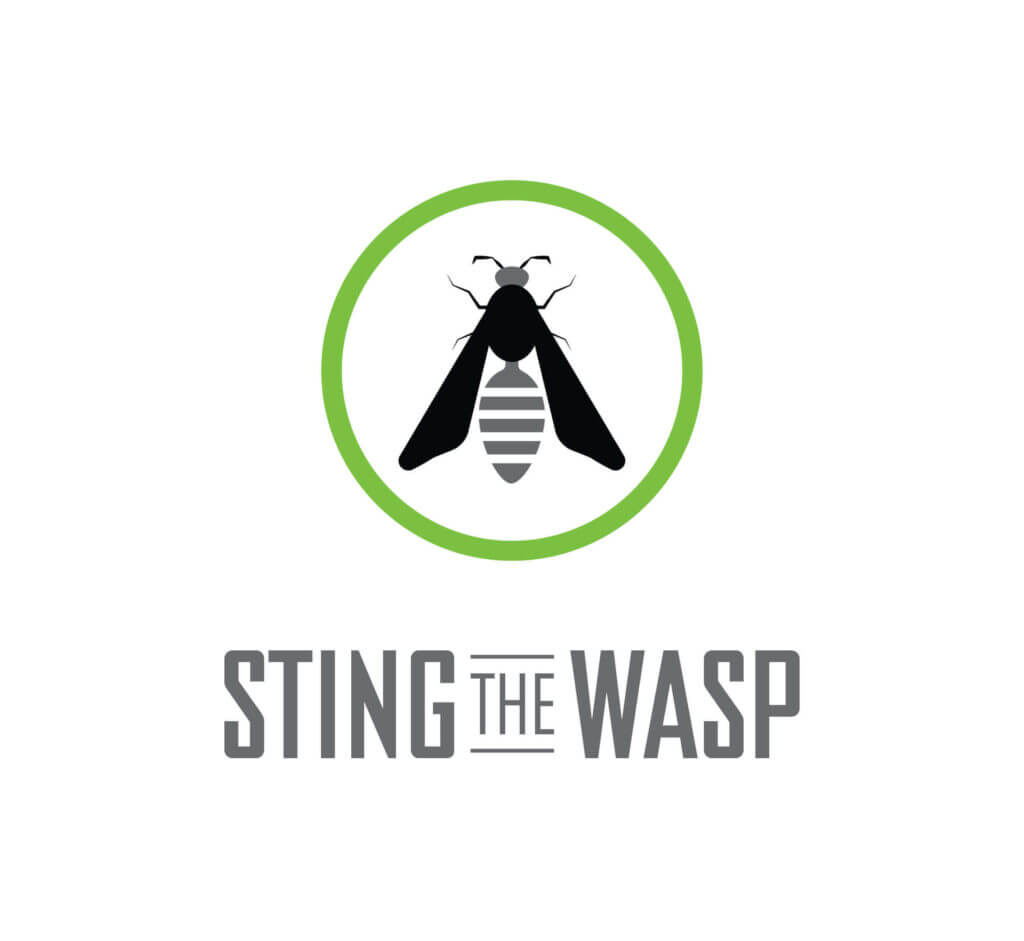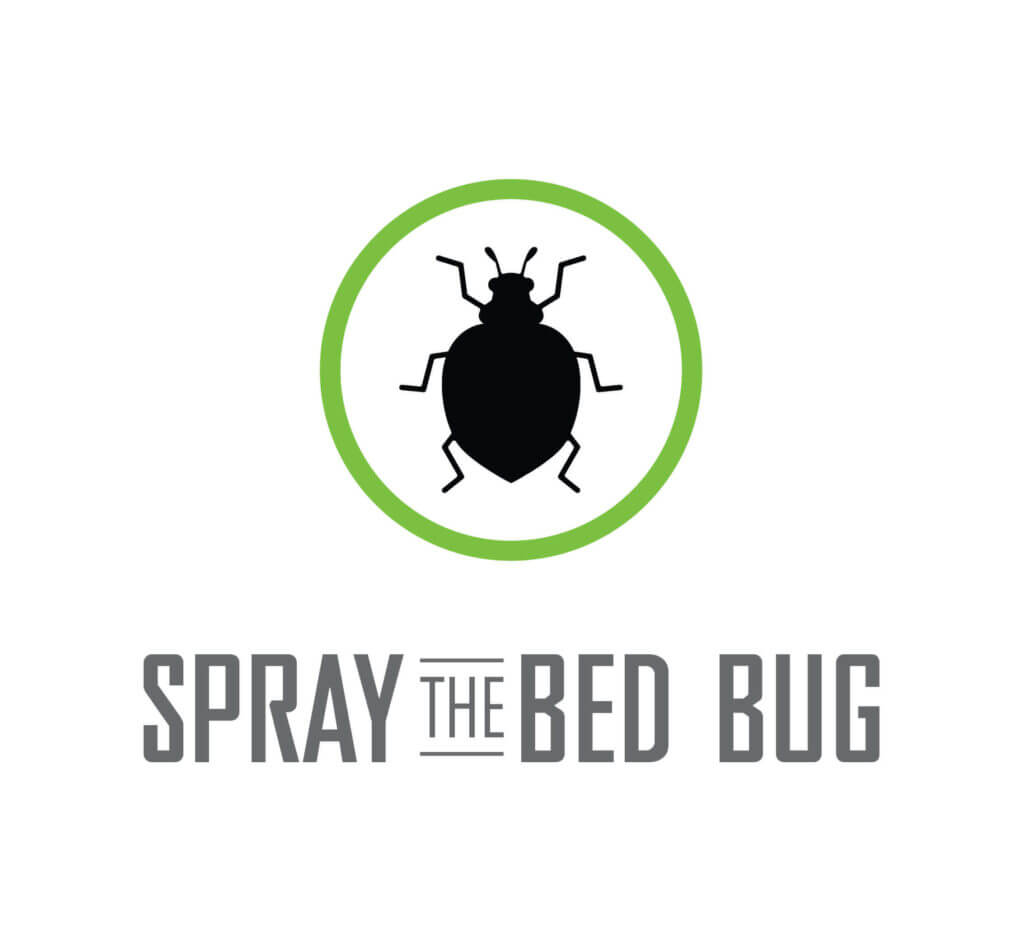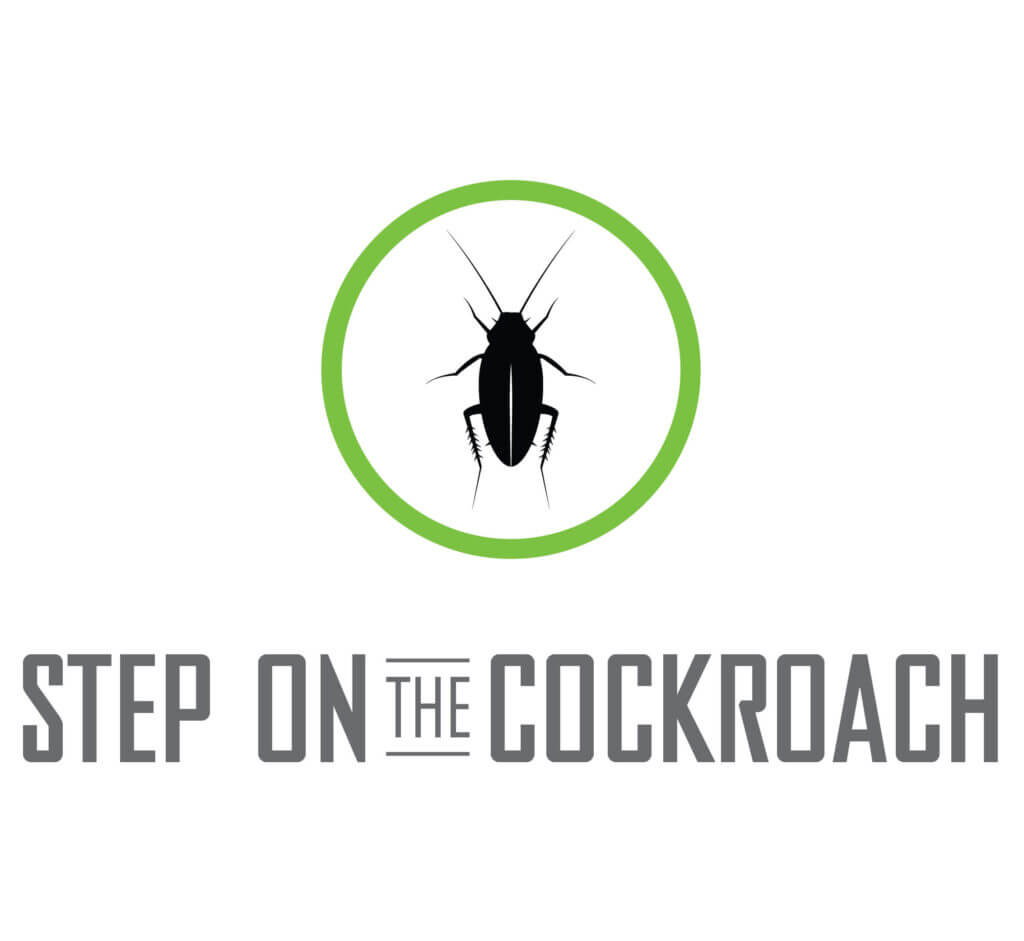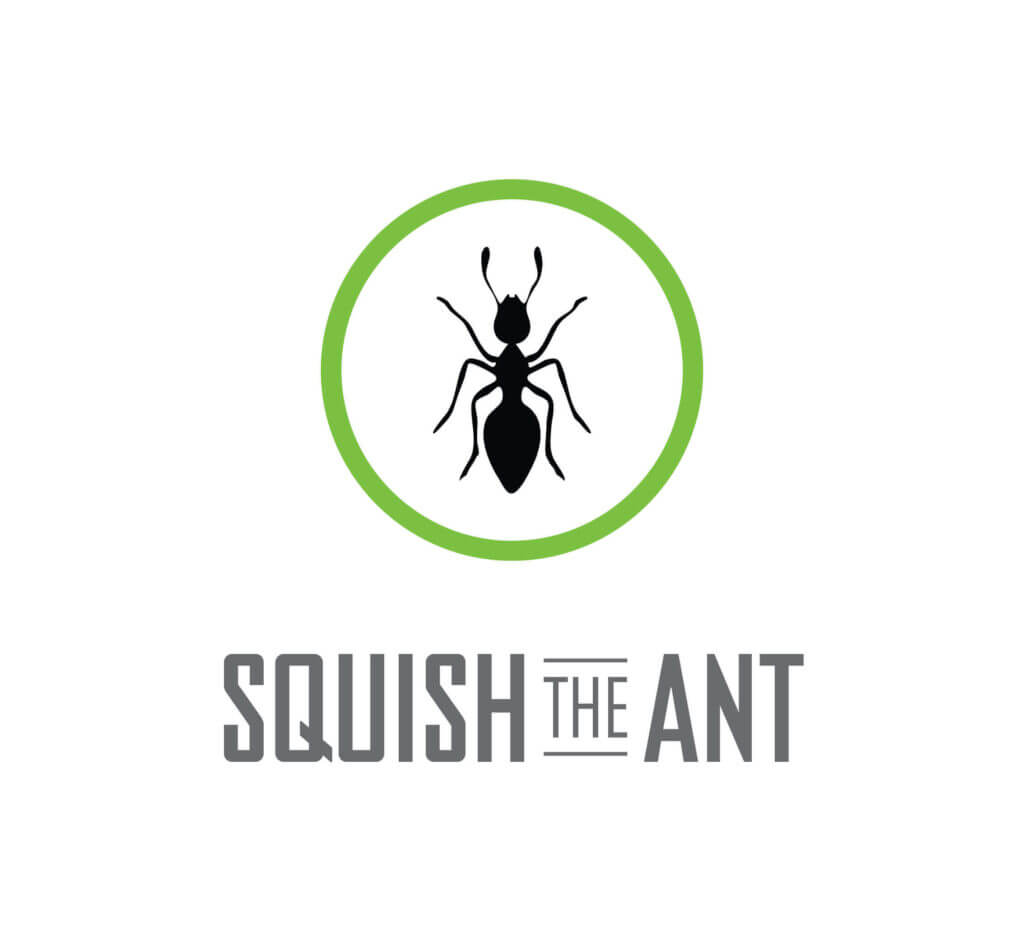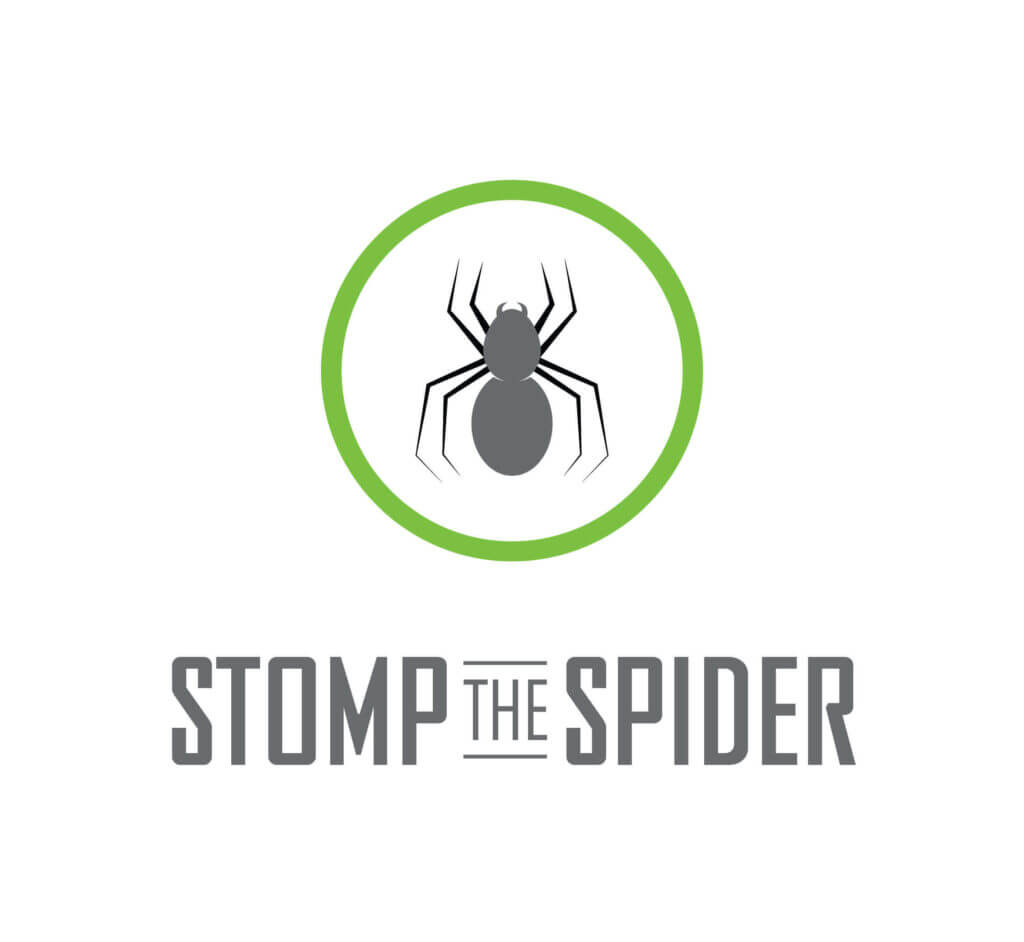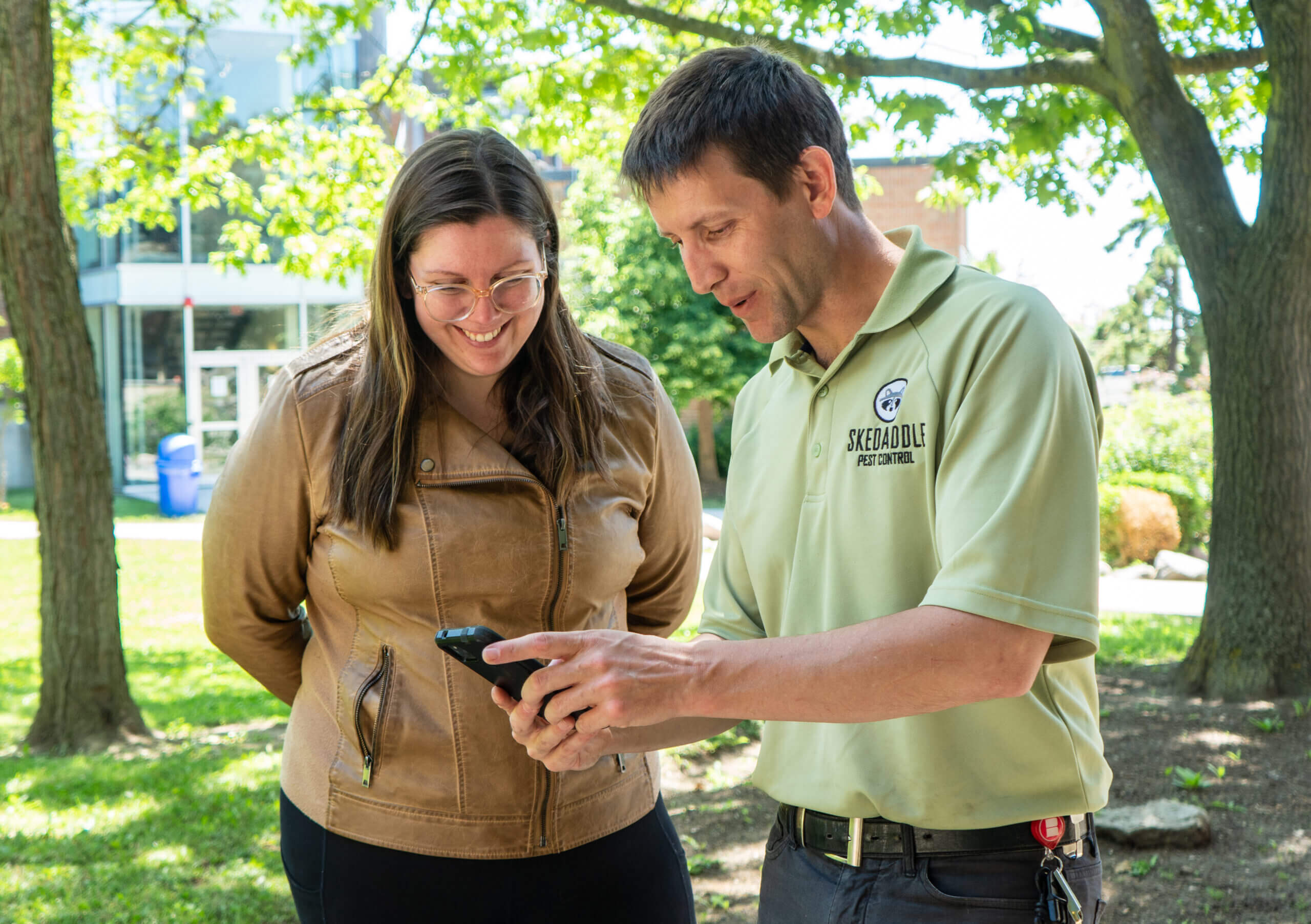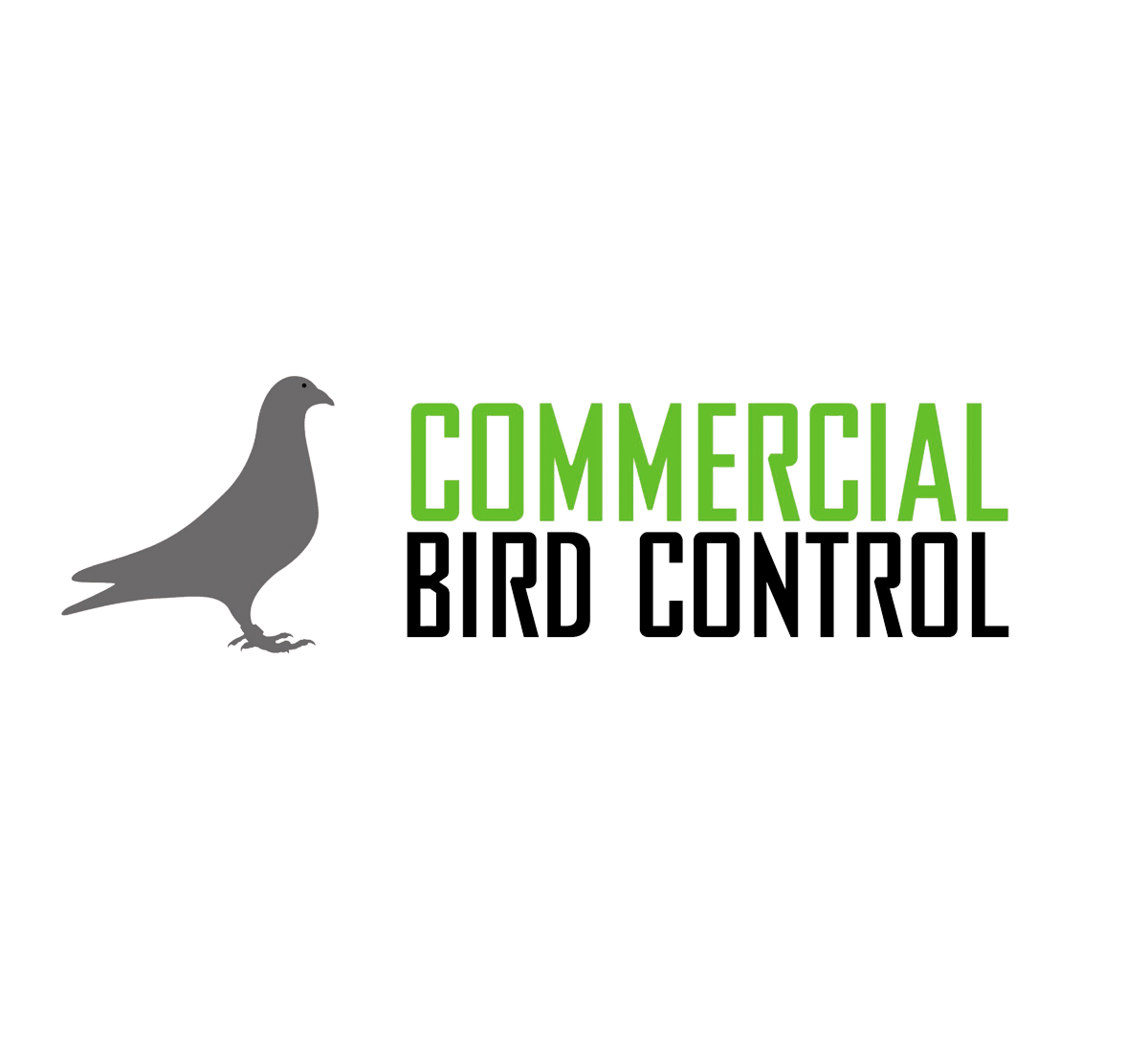Operating right here in Newton, the Skedaddle Humane Wildlife Control team is dedicated to providing effective and compassionate solutions for all your wildlife challenges. Newton, Massachusetts, known for its picturesque neighborhoods and expansive green spaces, is a thriving habitat for various species of wildlife. While this rich landscape adds to the natural beauty of the area, it also presents challenges as animals and humans coexist. Common issues residents face include raccoons nesting in attics, squirrels chewing through soffits, or bats seeking shelter in chimneys. These scenarios not only pose potential risks to property but also raise concerns about health and safety.
At Skedaddle, we recognize the importance of addressing wildlife issues in a manner that prioritizes the well-being of both humans and animals. Our team of trained professionals utilizes innovative methods that ensure safe removal and prevention of wildlife, without resorting to inhumane tactics. We focus on using exclusion techniques to keep animals out and guide them back to their natural environments. By choosing our services, you are supporting responsible wildlife control in Newton, that seeks to maintain the delicate balance between urban development and native wildlife habitats.
As this city continues to develop and grow, the need for humane wildlife control solutions becomes increasingly important. Our community-focused approach ensures that we provide not only effective responses to wildlife-related problems but also education and support for residents. With Skedaddle, you receive more than just a service; you gain a commitment to ethical wildlife management that helps protect your home and the natural inhabitants of this beautiful area. Let us be your solution for humane wildlife control, ensuring a safe and harmonious coexistence in our vibrant community.
Wildlife Issues Faced By The Residents Of Newton
Residents of this city often encounter a variety of wildlife issues. One of the most common problems is raccoons entering attics or basements, where they seek warmth and shelter. These masked critters can cause significant damage with their sharp claws and teeth, leading to costly repairs for homeowners. Mice are another frequent issue. They can quickly infest homes, contaminating food supplies and gnawing on wiring, which poses a risk of electrical fires.
Bats and birds also pose challenges. Bats may roost in chimneys and attics, creating health risks due to their droppings. Similarly, birds might build nests in gutters, vents, or other inconvenient spots, leading to clogs and potential water damage. Squirrels are notorious for chewing through soffits or eaves, to make a home in your attic, while skunks, with their distinctive odor, can dig up lawns in search of food and fend off threats with their noxious spray.
At Skedaddle Humane Wildlife Control, we’re committed to helping residents tackle these wildlife concerns safely and effectively. We pride ourselves on using innovative and humane methods that focus on exclusion and prevention. Our trained professionals will assess your property, identify potential entry points, and use effective exclusion strategies to ensure animals can’t get inside. Instead of using harmful methods, we encourage wildlife to move back to their natural habitats with our strategic tactics.
Education is a critical component of our approach. We work to inform you about the best practices for wildlife prevention, helping reduce the chances of future infestations. By partnering with us, homeowners take proactive steps toward protecting their properties while respecting the vital role these animals play in our ecosystem. Through our responsible wildlife control services, we seek to promote a peaceful coexistence between humans and wildlife.
CHECK OUT OUR LATEST BLOG
Boston Wildlife Control: Why is a Raccoon Sleeping on my Deck?
Boston Wildlife Control: Do Squirrels Make Tunnels in the Snow?
Spotting Skunks in Your Backyard and Avoiding Them
Highlights of Living in Newton, Massachusetts
Newton, only a short 25-minute drive from Boston, offers a unique blend of historical significance, community spirit, and recreational opportunities. One of the highlights is the Jackson Homestead and Museum, a crucial stop on the Underground Railroad. This site provides people with an understanding of the city’s involvement in the anti-slavery movement. The city is also distinct for its 13 villages, each contributing its own character and sense of community, not often found in other American municipalities. This village structure fosters a close-knit atmosphere where residents take pride in their local surroundings.
One of the defining events associated with Newton is the Boston Marathon. Participants worldwide recognize this area as the site of Heartbreak Hill, a challenging section that pushes the limits of runners’ endurance. Additionally, the Mount Ida Campus, once Mount Ida College, plays an important role in the educational landscape, now part of the University of Massachusetts Amherst. This location enriches the area by offering higher education opportunities and engaging the community in various events and programs.
The Charles River flows along the city’s borders, providing a range of outdoor activities. Residents and visitors enjoy kayaking, paddleboarding, and exploring extensive walking and biking trails. These waterways and green spaces offer a chance to connect with nature and participate in healthier lifestyles.
As new developments continue across the city, balancing growth with the natural environment becomes essential. Professional wildlife services help manage the interface between human habitats and native wildlife, ensuring that both can thrive safely. Our team at Skedaddle Humane Wildlife Control is dedicated to maintaining this balance by offering effective and ethical wildlife management solutions. We seek to support the community by addressing these needs, reinforcing the connection between our services and the well-being of the area.
Contact Skedaddle Today For Humane Wildlife Removal Services
Protecting your home from wildlife invasions requires a thoughtful and humane approach. At Skedaddle Humane Wildlife Control, we believe in preserving both your property and the local wildlife. Our methods are rooted in prevention and responsible management, ensuring that animals are guided back to their natural environments without causing harm. By working with our experienced team, you can be confident that your wildlife issues are being handled with care and professionalism. As residents of this city, you understand the importance of maintaining harmony between your community and its native wildlife, and our services offer a bridge to achieve that balance.
We invite you to reach out to Skedaddle in Middlesex County today for all your wildlife management needs. Our commitment to ethical practices ensures that you receive the highest quality of service while supporting a sustainable coexistence with local wildlife. Our trained professionals are ready to provide customized solutions to protect your home and educate you on preventive measures. Don’t let wildlife disruptions go unchecked—contact Skedaddle Humane Wildlife Control and join us in fostering a community where people and wildlife can flourish together.
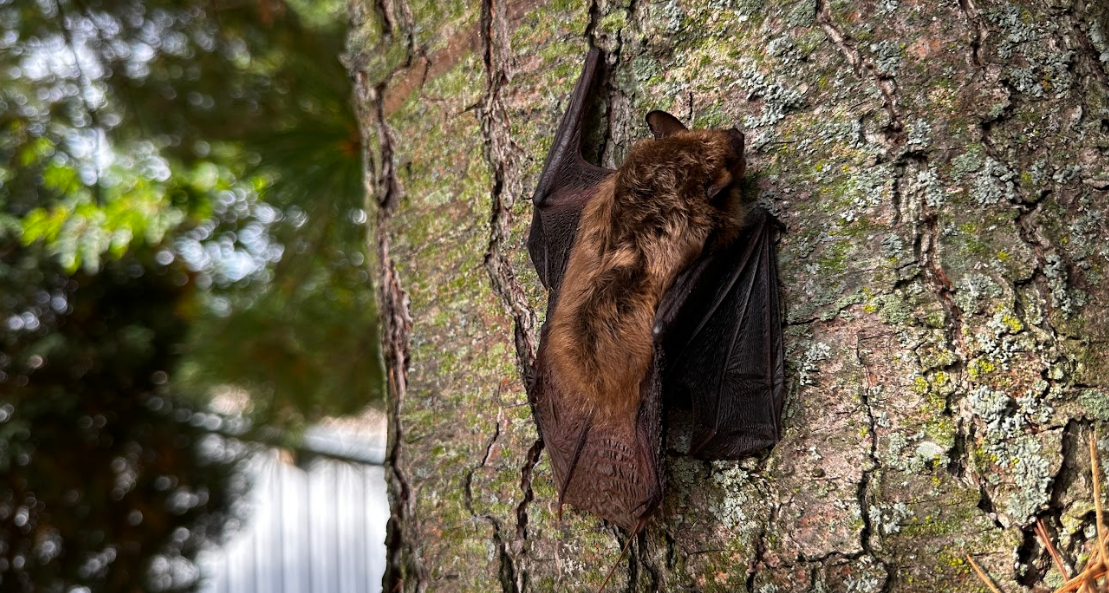
Skedaddle Newton, Did You Know?
Is it Legal to Feed Wildlife in Boston?
Residents in Boston must comply with regulations set by the Massachusetts Division of Fisheries and Wildlife, which prohibit the feeding of wildlife. Violating these regulations can result in penalties that may vary according to local ordinances.
How Do Starlings Affect Boston Ecosystems?
While starlings can help control insect populations, they are also considered invasive in North America. Their large flocks can outcompete native birds for food and nesting sites, potentially impacting local biodiversity. Their invasive nesting techniques often lead them to vents on a property.
Does Skedaddle Engage in Trapping and Relocating Wildlife?
Skedaddle does not utilise trapping and relocating as a strategy, since it is often ineffective for managing complex wildlife issues. Studies show that this approach leads to the death of animals in approximately 70% of cases and does not address the root cause of the problem. Instead, Skedaddle employs hands-on techniques to safely remove wildlife from homes.
How Many Bat Species Are Present in Boston?
Massachusetts hosts nine bat species. Among the most frequently encountered are the Little Brown Bat and the Big Brown Bat, both of which have short, soft fur and a rich brown coloration, featuring slightly darker wings.


